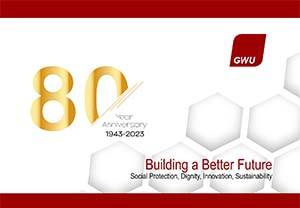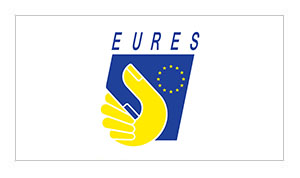A few days ago, Prime Minister Robert Abela outlined the government’s stance on the employment of foreign workers from third countries, stating that they will only be invited to work in Malta if there is a clear need within the sector they wish to join. This position comes in light of growing discussions about the role of foreign labour in Malta’s workforce, particularly as the economy continues to grow.
While acknowledging that the government’s labour migration policy will be open for public consultation, Abela also emphasised the necessity of foreign workers in sustaining economic progress. He highlighted that in a rapidly growing economy like Malta’s, foreign labour is essential not just for the advancement of industries but also for filling gaps in sectors facing labour shortages.
In response to these developments, The Malta Independent on Sunday reached out to the General Workers’ Union (GWU) and the Chamber of Commerce, Enterprise and Industry for their views.
The GWU said the increase in foreign labour is, in many respects, an economic necessity due to Malta’s economic growth, demand for certain skills, a low birth rate and an aging population. However, there are potential risks if this demand is not managed responsibly, among others guaranteeing a decent job for foreign workers and assuring wages and salaries continue to increase. If this balance is not managed properly this could lead to downward pressure on wages and create competition for certain job categories, potentially impacting Maltese workers.
For its part, the chamber said that given our tight labour market and evident skills gaps, many businesses and industries cannot survive, let alone thrive, without foreign workers supplementing the local workforce. But TCNs are not a sustainable solution. The country needs to overhaul the education system and implement automation strategies to complement our workforce. Additionally, there should be a strategic offering for highly-skilled non-EU citizens to fill qualitative skill gaps, with clearly defined eligibility criteria, including high salary thresholds.
Recent data reveals that Malta’s workforce currently consists of approximately 68% Maltese nationals, with the remaining 32% made up of foreign workers. Within this foreign workforce, EU nationals represent about 11%, while third-country nationals, who come from outside the EU, account for roughly 21%.







